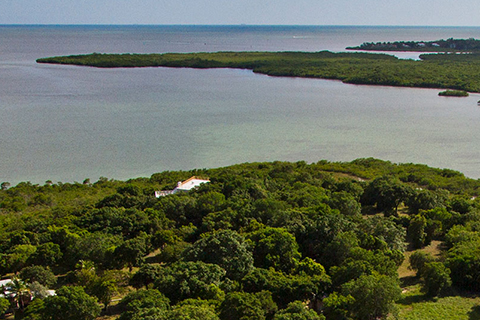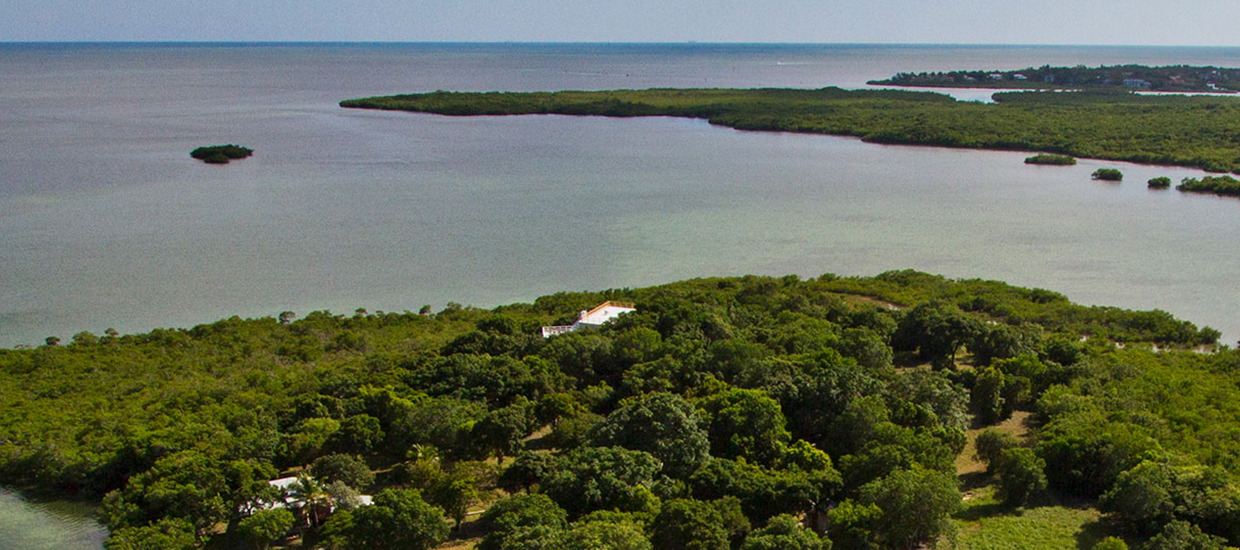Over half of the world’s population resides in growing coastal areas. These areas are major economic engines, supporting port and shipping, tourism, fisheries, aquaculture, and oil and gas mining activities. The coastal zone — comprised of nearshore waters and lands — represents some of the most fragile habitats on the planet. Balancing economic activities with sensitive habitats and high population density is a major challenge that resource managers face in the 21st Century. Similarly, adaptation to climate change, sea level rise, coastal erosion, and hurricanes pose additional challenges for coastal managers. The track in Coastal Zone Management will introduce participants to the legal and governance frameworks in this increasingly important discipline. Coursework will integrate topics such as coastal fisheries management, marine protected areas, port management, tourism development, environmental impact assessment, and oil exploration. Students will have opportunities to engage in internships with private, public or non-governmental agencies (NGO’s) and conduct relevant fieldwork. Additional internship possibilities also exist with environmental advocacy groups and consulting firms. This track is part of the Environmental Science and Policy Department at Rosenstiel School of Marine, Atmospheric, and Earth Science, which has long-established links and study sites in Panamá (among other countries), where students receive hands-on experience and work directly on coastal zone management issues.
There is no specific coursework required in this track. Curriculum will be decided on a case-by-case basis during academic advising. However, students select from a variety of multidisciplinary courses across many departments and schools at Rosenstiel School/UM, in a holistic effort to meet their personal and professional goals.
This track in Coastal Management will introduce participants to the legal and governance frameworks in this unique and fragile coastal area. Students will also have the opportunity to select a specialty in an area that links to coastal management, such as fisheries, marine protected areas, port management, aquaculture, or oil exploration. They will also have an opportunity to engage in an internship experience and fieldwork with international, national, state, or local coastal management government institutions, depending on their personal interest. Other internship possibilities also exist with environmental advocacy groups and consulting firms. The program also has long-established links and study experiences in coastal management in Panamá, among other countries.
Coastal Zone Management (CZM)
Students will be introduced to the legal and governance frameworks on topics such as coastal fisheries management, marine protected areas, port management, tourism development, environmental impact assessment, and oil exploration.
Program Requirements






